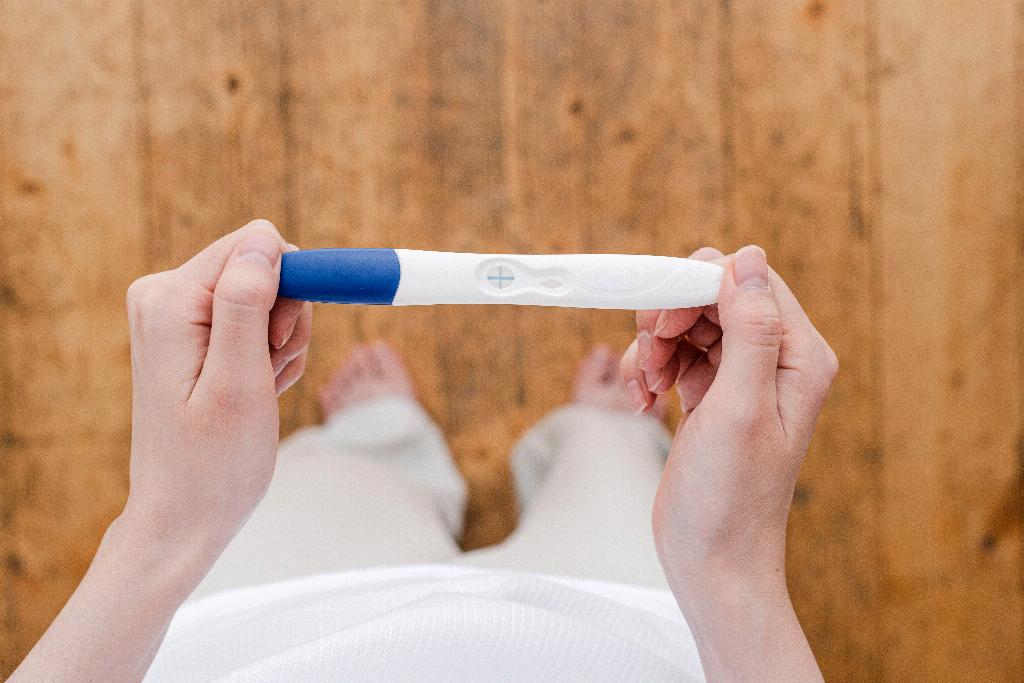As women, our bodies entail a remarkable capacity for reproduction, a marvel that many of us long to experience at some point in our lives. However, as we navigate through the different phases of adulthood, from our twenties to our forties, the probability of conceiving can fluctuate significantly.
The Prime Fertility Years
During our early twenties and up to the age of 30, the chances of pregnancy are notably high, with a substantial 85% likelihood of conceiving within the span of a year. This period is often viewed as the prime fertility years, characterized by optimal conditions for conception.
Entering Your Thirties
Upon reaching the age of 30, the odds of conceiving within a year decrease slightly to 75%. While this decline may seem gradual, it signifies the beginning of a shift in fertility patterns as age gradually becomes a more prominent factor in the reproductive process.
The Impact of Aging on Fertility
As we progress into our mid-thirties, typically around the age of 35, the chances of pregnancy diminish further to approximately 66% within a year. This decline is attributed to the impact of aging on the ovaries and eggs, which can affect their quality and viability.
Challenges at 40 and Beyond
By the time a woman reaches the age of 40, the likelihood of conceiving within a year drops significantly to just 44%. This phase marks a notable decrease in fertility, often accompanied by additional challenges in achieving pregnancy naturally.
Factors Influencing Fertility Over Age
Several factors contribute to the changes in fertility that occur as women age. Hormonal fluctuations, a decrease in ovarian reserve, and an increased risk of chromosomal abnormalities in eggs are among the key aspects that can impact the chances of pregnancy over age.
Seeking Support and Guidance
For women who are navigating the complexities of fertility as they age, seeking support and guidance from healthcare providers, fertility specialists, and other experts in the field can be beneficial. These professionals can offer valuable insights, guidance on potential fertility treatments, and emotional support throughout the journey.
Exploring Fertility Preservation Options
For individuals who are considering starting a family later in life or wish to preserve their fertility for future endeavors, exploring fertility preservation options such as egg freezing can be a proactive step. This process enables women to preserve their eggs at a younger age for potential use in the future.
Embracing Alternative Paths to Parenthood
While the chances of conceiving naturally may diminish with age, there are various alternative paths to parenthood available to individuals, including adoption, surrogacy, and other assisted reproductive technologies. These options provide viable avenues for individuals to fulfill their dreams of becoming parents.
Importance of Self-Care and Well-Being
Amidst the considerations and complexities surrounding fertility over age, prioritizing self-care, emotional well-being, and overall health is paramount. Engaging in activities that promote relaxation, managing stress effectively, and maintaining a healthy lifestyle can contribute to a positive fertility journey.
Empowering Conversations on Fertility
Engaging in open and honest conversations about fertility, reproductive health, and family planning can foster greater awareness and understanding among individuals of all ages. By breaking the silence surrounding these topics, we can empower ourselves and others to make informed decisions about their fertility journey.
Conclusion: Navigating the Journey of Fertility
While the chances of pregnancy may evolve as we age, the journey of fertility is a deeply personal and unique experience for each individual. By staying informed, seeking support when needed, and approaching the process with resilience and determination, individuals can navigate the complexities of fertility over age with grace and empowerment.

